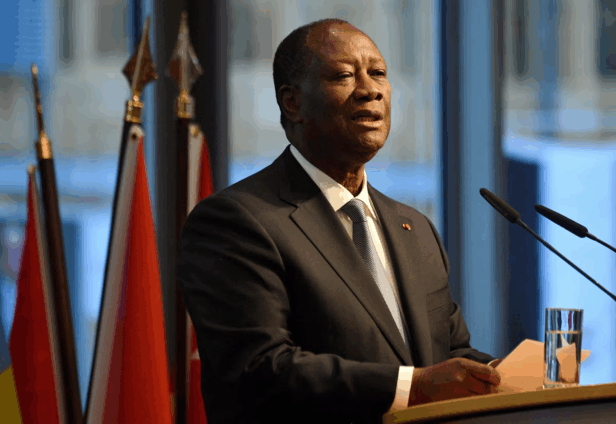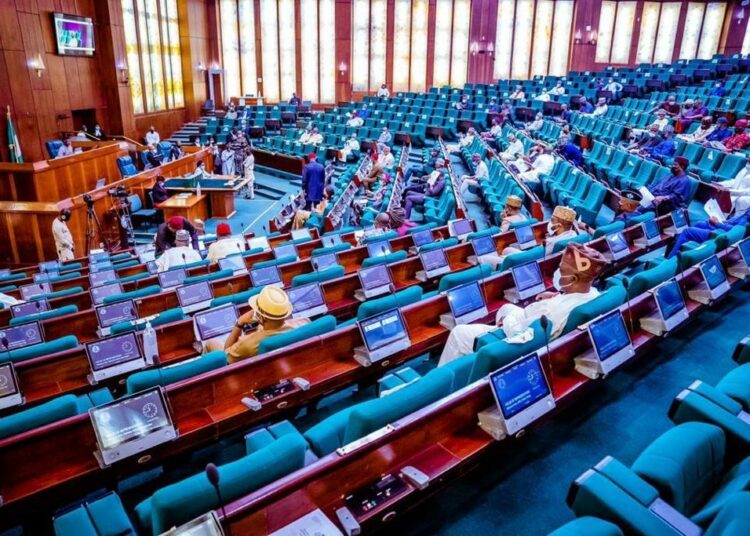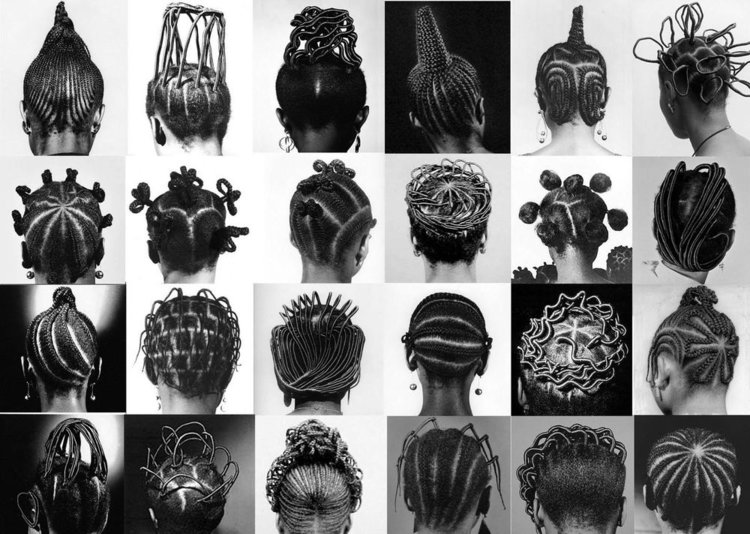Ivory Coast Shockwave: Octogenarian President Ouattara Claims Controversial Fourth Term

Ivory Coast's President Alassane Ouattara has provisionally secured a fourth term in office, following an election where two of his most significant challengers were barred from participating. According to provisional results announced by the Independent Electoral Commission (CIE) on Monday, the 83-year-old Ouattara won with 89.77% of the vote, equating to approximately 3.75 million votes. Businessman Jeal-Louis Billon came in a distant second, receiving only 3.09% of the ballot. The electoral commission also reported that voter turnout for the election reached just 50.1%.
The overwhelming victory for Ouattara was largely anticipated, primarily due to the absence of his main rivals from the presidential race. Former President Laurent Gbagbo and Credit Suisse ex-CEO Tidjane Thiam were both banned from contesting the election. In response, both individuals, along with their respective parties, had urged their supporters to boycott the vote, contributing to the lower-than-average turnout. Notably, Gbagbo's ex-wife, Simone Gbagbo, who was permitted to run, garnered 2.42% of the vote.
These Monday results remain provisional, with the final outcome pending an announcement by the Constitutional Council, which will rule on any submitted election petitions. However, the opposition group, comprising the parties of Gbagbo and Thiam, was quick to denounce the election. On Sunday, they labeled the process a "civilian coup d'etat," explicitly stating their refusal to recognize Ouattara as a validly elected leader, further intensifying the political tension in the West African nation.
Ouattara's path to a fourth term has been marked by constitutional developments. He first assumed the presidency in 2011, a period that followed Laurent Gbagbo's arrest after his refusal to accept defeat in the hotly contested 2010 election. Originally, Ouattara's tenure was restricted to two terms. However, a significant constitutional overhaul in 2016 controversially allowed him to seek re-election beyond the initial limit. This amendment paved the way for his candidacy in the 2020 election, which was similarly boycotted by the opposition, and now for his current provisional victory.
You may also like...
Storm Alert: Hurricane Melissa Nears Usain Bolt's Home; Lyles & Coleman Rally Support For Jamaica
)
Hurricane Melissa, dubbed the "storm of the century," has made catastrophic landfall in Jamaica, bringing 185 mph winds,...
Explosive Scandal: House Of Reps Launches Probe Into NFF's $25M FIFA, CAF Grants

The Nigerian House of Representatives has launched a probe into the alleged mismanagement of $25 million in grants recei...
Mystery Solved! 'Only Murders in the Building' Renewed for Season 6, Heading to London

“Only Murders in the Building” has been renewed for a sixth season, relocating the action to London after a shocking Sea...
Armie Hammer's Controversial Comeback: 'Frontier Crucible' Trailer Drops Amidst Allegations

Controversial actor Armie Hammer is set to make his return to mainstream cinema in the upcoming Western thriller, “Front...
Taylor Swift's Unstoppable Chart Reign: How Her Influence Revives Hits

The country music charts are bustling with new entries and diverse sounds, featuring significant moves from Dan + Shay w...
Kelce Scores, Swift Cheers: A Pop Culture Touchdown Moment

Kansas City Chiefs tight end Travis Kelce celebrated his 100th career touchdown by performing Taylor Swift's 'The Fate o...
Chad Powers Finale Shocks Viewers, Stars Tease Explosive Season 2 Plans

Hulu's 'Chad Powers' blends comedy, drama, and sports, following disgraced quarterback Russ Holliday as he adopts a secr...
Culture Craze: Ojeikere Exhibition Dominates ART X Lagos Buzz

ART X Lagos celebrates its tenth anniversary with “An Exacting Eye,” a landmark exhibition dedicated to legendary Nigeri...




